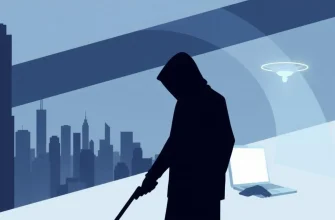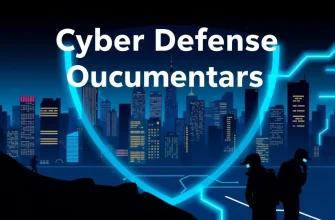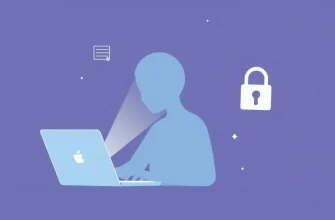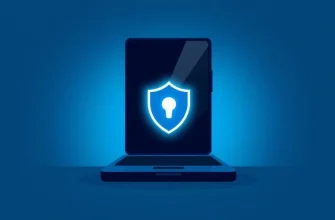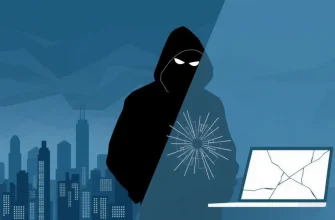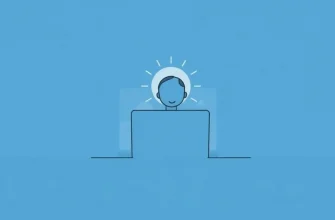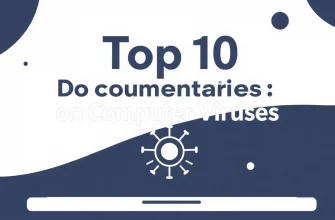In an age where information is power, cyber espionage has become a battleground for nations, corporations, and hackers. This curated collection of documentaries delves into the intricate web of digital spying, offering viewers a glimpse into the high-stakes world of cyber warfare. From the tactics used by state actors to the personal stories of those caught in the digital crossfire, these films provide a comprehensive look at the shadowy realm of cyber espionage. Whether you're a tech enthusiast, a security professional, or just curious about the unseen battles shaping our world, this selection promises to enlighten and intrigue.

We Steal Secrets: The Story of WikiLeaks (2013)
Description: Directed by Alex Gibney, this documentary examines the rise of WikiLeaks and its impact on global politics, focusing on the cyber espionage aspect of leaking classified information.
Fact: The film includes interviews with Julian Assange and Chelsea Manning.
 Watch Now
Watch Now 
The True Cost (2015)
Description: While primarily about the fashion industry, this documentary touches on how cyber espionage and data breaches can affect global trade, supply chains, and corporate espionage.
Fact: The film was screened at the Copenhagen International Documentary Film Festival.
 Watch Now
Watch Now 
Deep Web (2015)
Description: Focused on the Silk Road case, this film delves into the dark web, a place often used for cyber espionage, and the legal and ethical debates surrounding online anonymity and freedom.
Fact: The film was directed by Alex Winter, who also directed "The Hacker Wars."
 Watch Now
Watch Now 
Citizenfour (2014)
Description: While not exclusively about cyber espionage, this film focuses on Edward Snowden's revelations about NSA surveillance, which has significant implications for cyber espionage. It provides an insider's look at the surveillance state and the ethical dilemmas of whistleblowing.
Fact: Laura Poitras won an Academy Award for Best Documentary Feature for this film.
 Watch Now
Watch Now 
Risk (2016)
Description: Laura Poitras' film follows Julian Assange and WikiLeaks, exploring the intersection of journalism, hacking, and cyber espionage. It offers a nuanced look at the ethical and legal challenges faced by those who expose secrets.
Fact: The film was initially released in 2016 but was re-edited and re-released in 2017 with new material.
 Watch Now
Watch Now 
Zero Days (2016)
Description: This documentary by Alex Gibney explores the Stuxnet virus, a cyber weapon allegedly used by the U.S. and Israel to sabotage Iran's nuclear program. It delves into the implications of such cyber attacks and the potential for escalation in cyber warfare.
Fact: The film was screened at the Berlin International Film Festival and features interviews with anonymous intelligence officials.
 Watch Now
Watch Now 
The Hacker Wars (2014)
Description: This documentary looks at the lives of three prominent hackers, exploring the fine line between cyber activism and cyber espionage, and how governments and corporations respond to these digital threats.
Fact: It features interviews with Anonymous members and other hacktivists.
 Watch Now
Watch Now 
The Internet's Own Boy: The Story of Aaron Swartz (2014)
Description: This documentary tells the story of Aaron Swartz, a programmer and activist who faced legal battles over information access, highlighting issues of digital rights and cyber espionage tactics used by authorities.
Fact: The film was released under a Creative Commons license, reflecting Swartz's advocacy for open access.
 30 Days Free
30 Days Free 
The Great Hack (2019)
Description: This documentary investigates the Cambridge Analytica scandal, where personal data was harvested for political manipulation, showcasing the dark side of data mining and its use in cyber espionage.
Fact: The film was nominated for a BAFTA Award for Best Documentary.
 30 Days Free
30 Days Free 
The Net: The Unabomber, LSD and the Internet (2003)
Description: This documentary explores the life of Ted Kaczynski, the Unabomber, and his views on technology, providing a historical perspective on cyber espionage and the fear of technological control.
Fact: The film was directed by Lutz Dammbeck, who also made "The Story of the Weeping Camel."
 30 Days Free
30 Days Free 


